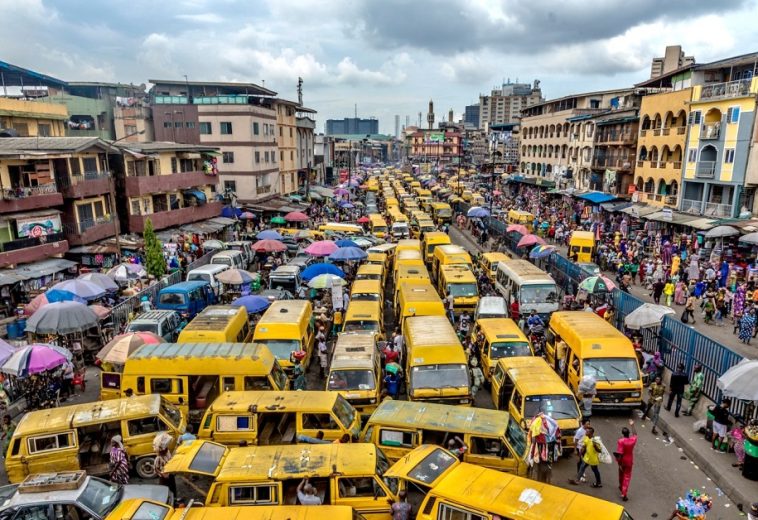The recently concluded 79th session of the United Nations General Assembly saw world leaders from various continents advocating for increased African representation on the UN Security Council (UNSC), where critical global decisions are made. However, for many Africans, the lingering question is: “What comes next—meaningful implementation or mere oversight?” The call for Africa’s inclusion at the highest decision-making table has intensified, yet scepticism remains as the continent waits to see whether these commitments will lead to genuine reforms or remain superficial gestures.
Key figures such as UN Secretary-General António Guterres and South African President Cyril Ramaphosa have emphasised the need for UNSC reform, advocating for Africa to have a meaningful seat at the table. This movement is gaining momentum amidst shifting global geopolitics and growing concerns over equity in international decision-making.
Historical Context of the UNSC
The UNSC was established in 1945, following the Second World War, to maintain international peace and security. Its original design included five permanent members—the United States, the United Kingdom, Russia, China, and France—each holding veto power. Over time, the Council expanded to include 15 members, with 10 elected for two-year, non-permanent terms. Despite Africa’s significant role in global peacekeeping efforts and facing numerous security challenges, it has been largely marginalised in the Council’s decision-making processes.
Africa’s Role in Global Peace
Africa has been a key player in global peacekeeping. Nearly half of all UN peacekeeping operations occur on African soil, and approximately 40% of peacekeeping forces are provided by African nations. Yet, despite its contributions, Africa’s influence in shaping global security policies remains limited, due to the absence of a permanent seat on the UNSC.
The African Union (AU) has long championed the need for two permanent African seats on the Council, along with increased non-permanent representation. This proposal is part of the Ezulwini Consensus, which calls for reforms to reflect the geopolitical realities of the 21st century.
International Support for Africa’s Inclusion
The push for UNSC reform, particularly regarding Africa’s inclusion, has gained global traction. UN Secretary-General António Guterres has pointed out the historical injustices faced by Africa under the current UNSC structure. In his address at the 79th General Assembly, Guterres argued that Africa’s exclusion undermines the legitimacy and effectiveness of the Council, calling for a permanent seat for the continent.
Similarly, U.S. President Joe Biden has voiced support for expanding the Council to include African nations. U.S. Ambassador to the United Nations, Linda Thomas-Greenfield, affirmed Washington’s backing for two permanent African seats, reflecting a growing recognition of the need for more inclusive global governance. However, the U.S. has opposed extending veto power to new permanent members, raising concerns about the scope of these proposed reforms.
Continued African Advocacy
African leaders have remained vocal in their demand for UNSC reform. At the same General Assembly session, President Cyril Ramaphosa and other African representatives reiterated calls for structural changes at the UN. They stressed that global peace and security cannot be fully realised without Africa’s voice being represented on equal footing with other global powers. The current composition of the Council, they argued, no longer reflects the geopolitical realities of today.
The Strategic Importance of Africa’s Inclusion
The push for Africa’s inclusion on the UNSC is not merely a matter of fairness, but of strategic necessity. As global challenges become increasingly complex, Africa’s unique experiences and insights are crucial for crafting comprehensive solutions. Addressing the continent’s under-representation is essential to the Council’s mission of maintaining international peace and security.
While there is broad consensus that the UNSC must evolve to reflect current global dynamics, the path to reform is fraught with complexities. Disagreements persist regarding the extent of the changes, with some nations hesitant to extend full powers—such as the veto—to new permanent members. Nevertheless, Africa’s demand for permanent representation is gaining momentum, bolstered by support from both regional and international actors.
The campaign for permanent African representation on the UNSC remains a central issue in debates over global governance reform. With prominent leaders like António Guterres and Joe Biden expressing support, and given Africa’s immense contributions to global peacekeeping, a more inclusive and equitable Security Council is long overdue. As Africa’s role in global affairs continues to grow, its representation in the institutions that shape international policies must also expand.




